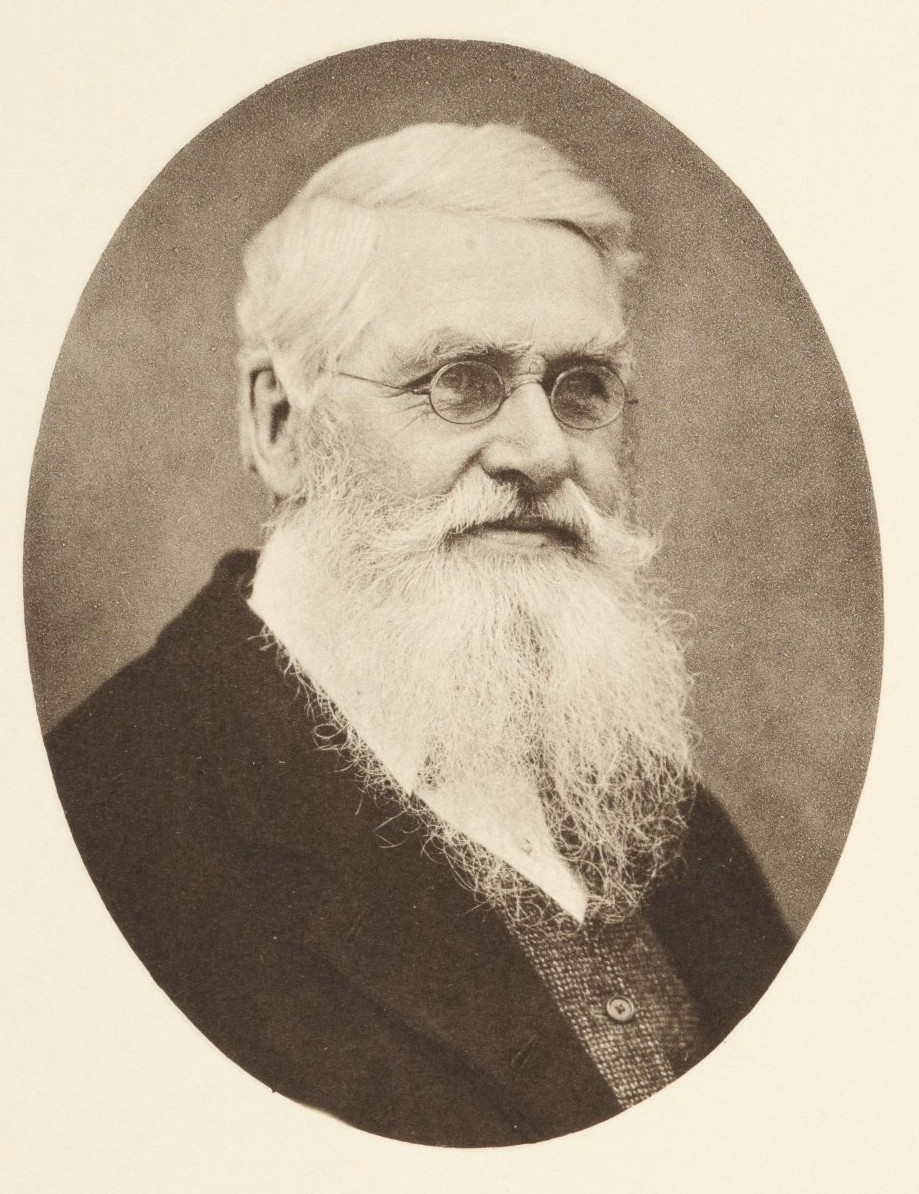Charles Darwin: The Father of Evolution
| Charles Darwin as a young man, probably after the Galápagos visit |
Charles Robert Darwin (1809-82) was an English naturalist whose On the Origin of Species by Means of Natural Selection of 1859 revolutionized our understanding of life on Earth. His groundbreaking theory proposed that species evolve over time through a process called natural selection.
Unlike his contemporary Jean-Baptiste Lamarck, Darwin argued that organisms did not inherit the traits acquired during their parents' lifetime. Instead, evolution was the result of variations within a population. Those individuals with traits better suited to their environment were more likely to survive and reproduce, passing these advantageous traits to their offspring. Over generations, this process led to the development of new species.
Darwin's The Descent of Man extended his theory to human origins, tracing our lineage back to earlier primate ancestors. The clarity and force of his ideas have had a profound impact on nearly every aspect of modern society.
It's important to note that Darwin's concept of "mutation" differed from the modern understanding. While he recognized the role of variation in driving evolution, he did not have the knowledge of genetics that we have today. Modern scientists define mutations as changes in the DNA sequence of a gene, providing the raw material for natural selection to act upon.
 |
| Alfred Russel Wallace |
Alfred Russel Wallace independently conceived of the idea of "survival of the fittest" around the same time as Darwin. While the core concept of natural selection remains a cornerstone of modern biology, there have been ongoing discussions and refinements since Darwin's time. Some critics point to the apparent slow pace of evolution or the complexity of certain biological structures as challenges to the theory. However, continued research and advancements in fields like genetics have provided increasingly robust support for evolution.
The relationship between science and religion has often been a topic of debate. Darwin's ideas challenged traditional creationist views, leading to ongoing discussions about the origins of life. Some reconcile their faith with science through concepts like theistic evolution, which suggests that God guides the evolutionary process while adhering to natural laws. Others propose alternative explanations, such as intelligent design, which posits that a higher intelligence miraculously intervenes in the development of life.
Despite these ongoing discussions, the theory of evolution by natural selection remains a fundamental principle in biology. It has provided the dominant framework for understanding the diversity of life on Earth and continues to inspire scientific inquiry and discovery.
Recent challenges to this view are usually seen as quite suspect. However, postmodern, New Age and religious alternatives for understanding evolution continue to question the current scientific paradigm, which ironically has come to resemble a religious belief.¹
Few today appreciate how various human biases affect the interpretation of experimental results, thus shaping our worldview, in both the social and the so-called hard sciences. Many are dazzled by their gadgets and our everyday technology, mistaking this as proof that science is always on the right track.
¹ Pope Benedict XVI supported the idea of Theistic Design, a view that some believe is similar to Intelligent Design. Benedict, however, questioned aspects of evolutionary theory, arguing that it's not truly scientific and cannot explain the implied rationality of the process it outlines.
Related: Behaviorism, de Chardin (Teilhard), Fundamentalism, Malthus (Thomas Robert), Sheldrake (Rupert), Social Darwinism


Comments